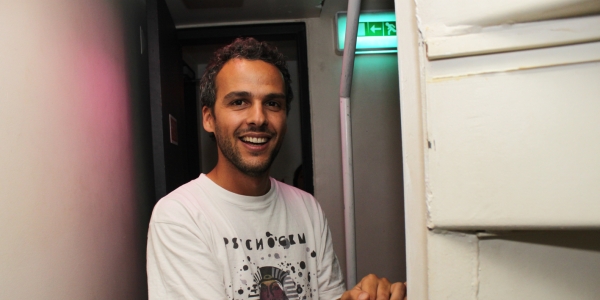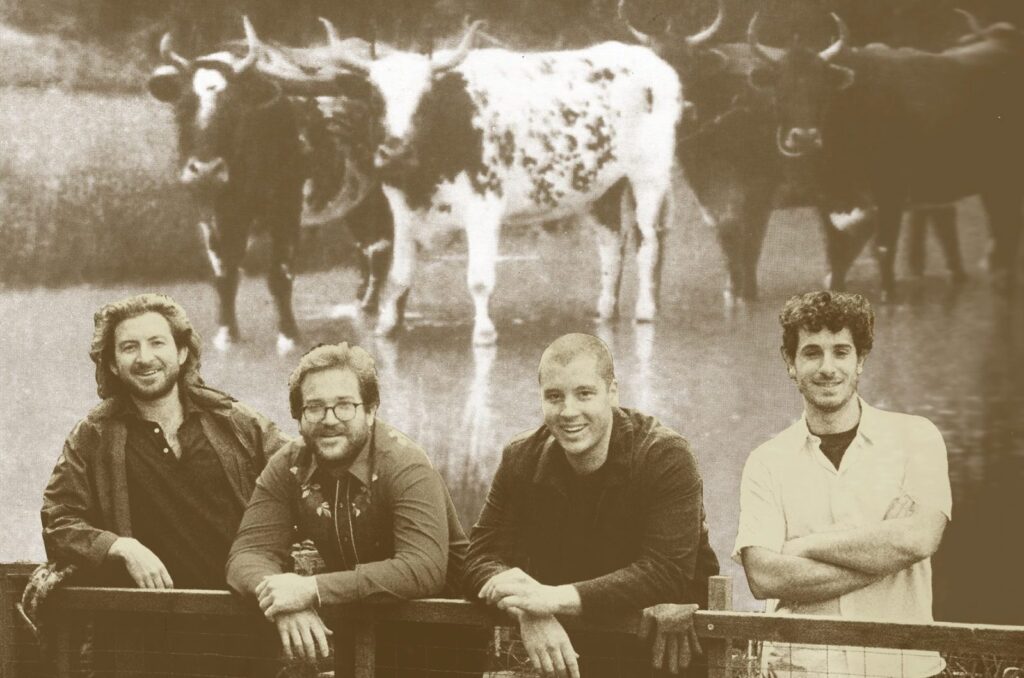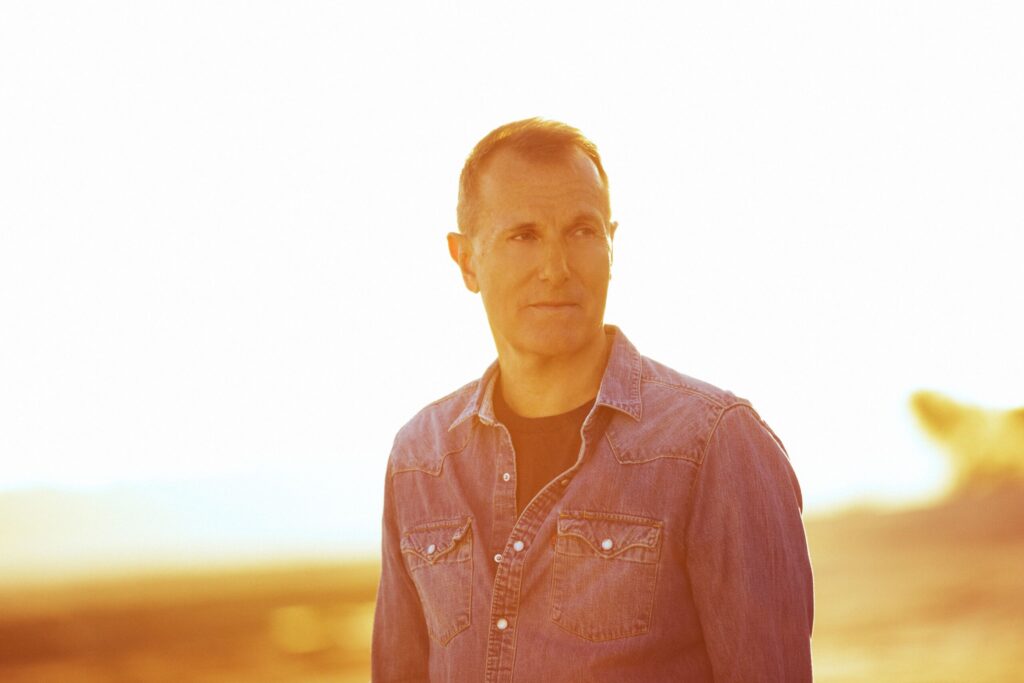“It was about a year in the making. I started writing the bulk of the album in April last year in Japan. I did a lot of the writing there, then went to Sydney and spent the next six months working on production. So it was pretty much a whole year in the studio, then we ended up with the finished product.”
Initiating the album’s formative stage in Japan seems like a curious decision, but the move proved to be conducive in sharpening Ngaiire’s songwriting focus. “I wanted it to be as truthful to the songwriting process as possible. I needed to be somewhere where I was completely isolated from everything that was a distraction. I think Japan was the perfect place to be. For a country that is so exposed to the world and technologically advanced, Japan is a country that holds their culture quite intact. It just meant that I couldn’t really socialise with people on a deeper level that I would in Australia. It made me dig deeper to find these songs and find the inspiration to do it.”
As an album, Lamentations is threaded by a satisfying sense of cohesion. “We didn’t really set out to make it sound like anything. I had two of the songs on the record that were already written, they were done about five years before the record became a thing. So when I went over to Japan to write with Aaron Choulai, he was coming up with these amazing beats and really interesting compositions that began shaping the album, including the older songs. I think the sound of the album is very much owing to Aaron and his musicianship.”
The foremost instrument on the record, by a large margin, is Ngaiire’s captivating vocals. Never unleashing garish vocal gymnastics, her voice shines over a bed of often minimalist instrumentation. “That was definitely what we were trying to achieve. In the past with other projects, I had always gone for the bigger instrumental sounds and tried to get so much in there. Tim Curnick, who produced the album, took everything apart and found that balance between live instrumentation and electronics.”
After finally piecing together a tremendous debut LP, Ngaiire is now focussing on bringing that material into the live setting. “I’ve been at it for a while and the band has always evolved with players coming and going. The current sound is being shaped by the album, and how we can translate that live, because it’s a lot more electronic then what I used to create. In that sense, everything has been given a bit of a facelift, which is exciting, as well as challenging a lot of the time.”
While there has been a steadily rising appreciation for soul music in Australia in recent times, Ngaiire still feels there is a way to go for the genre to gain its full, deserved appreciation here.“I definitely do feel a little bit restricted making music here. It’s definitely an exciting time for the type of the soul-based music I’m making, and the world is starting to pay attention to what’s happening down here. I think one of the challenges for me, as the type of artist I am, is my background – being Papua New Guinean, and sometimes the colour of my skin. In terms of playing festivals and being recognised as an artist for what I do, I tend to be found on the indigenous stages, which is a bit of a challenge when you’re trying to be recognised in the contemporary side of things.”
As for her destiny of being a singer, the seeds of Ngaiire’s dream were planted at a young age. “I think I was about 12 when I decided I wanted to be a singer. I remember my mum asking me what I wanted to be. I told her I wanted to be a singer, and she told me it wasn’t going to put food on the table, I wasn’t going to get rich from it. I was in Papua New Guinea at the time, and there wasn’t much of a music industry there, so I knew it wasn’t really going to happen. But it wasn’t till I was around 18 that mum realised I could sing and helped me out with it.”
BY LACHLAN KANONIUK







